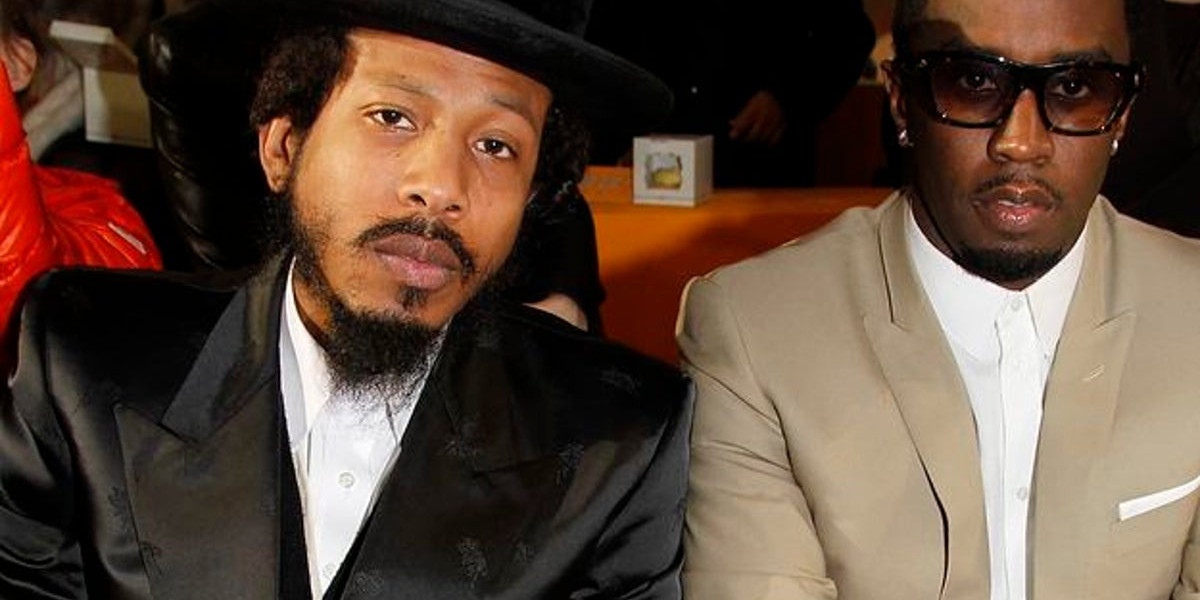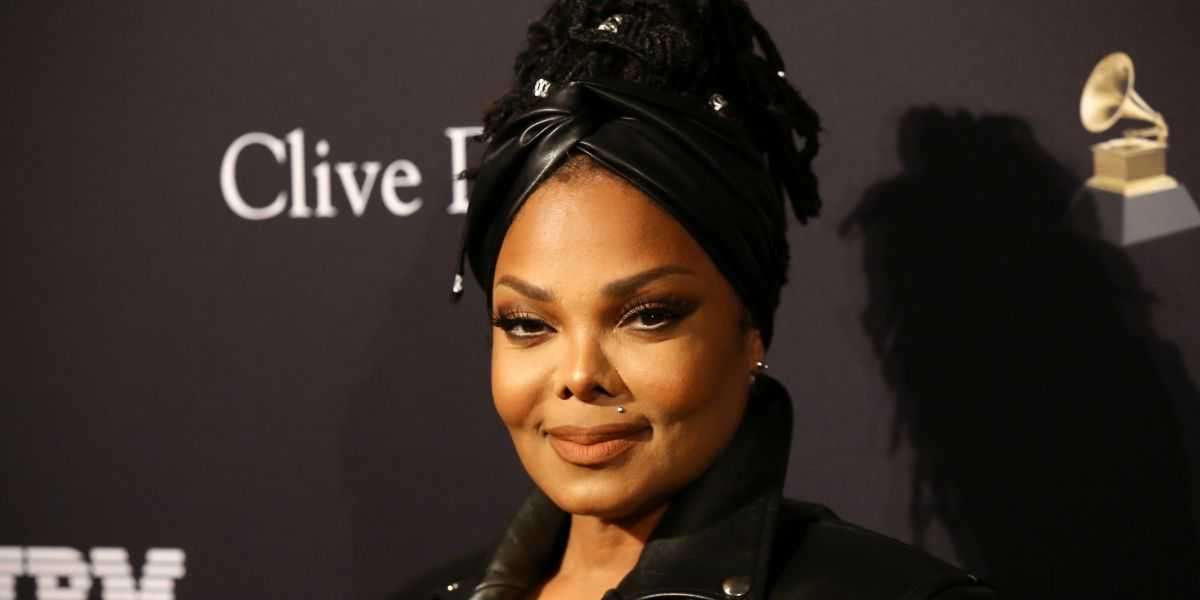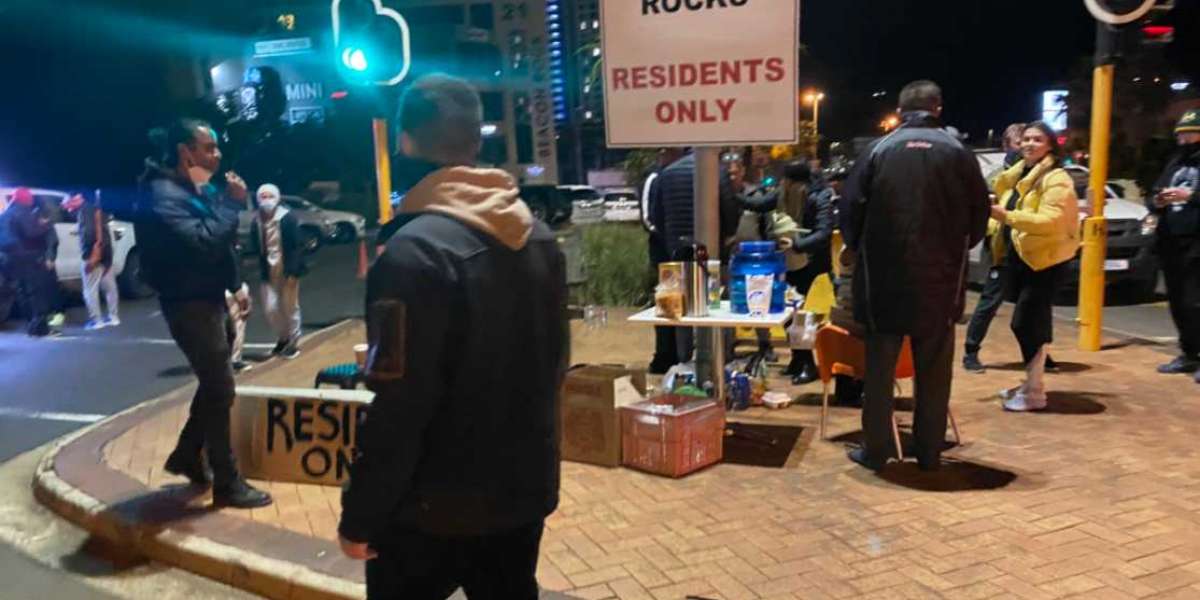Amid renewed accusations, Shyne shares his perspective on being scapegoated and expresses wishes for justice and peace for all involved.
In a recent interview with Channel 5 Belize, Shyne, formerly known as Moses Michael Levi Barrow, addresses the ongoing controversy surrounding the nightclub shooting incident from 1999. He discusses his perception of being unfairly targeted and reiterates his innocence despite being convicted and serving time in prison.
Long Description: Shyne, once a prominent figure in the Bad Boy Records lineup alongside Diddy, finds himself revisiting a tumultuous chapter from his past—the infamous nightclub shooting at Club New York in Manhattan. Amidst renewed attention due to accusations against Diddy, Shyne offers his perspective on the events that transpired over two decades ago.
During his interview with Channel 5 Belize, Shyne reflects on the impact of recent accusations against Diddy, particularly regarding sexual misconduct and assault. He acknowledges the reopening of wounds for victims and expresses empathy for those affected by the allegations. Shyne specifically references producer Rodney "Lil Rod" Jones's accusations against Diddy, which have resurfaced alongside claims related to the nightclub shooting.
Throughout the interview, Shyne maintains his innocence, emphasizing that he was unfairly cast as the "fall guy" in the aftermath of the nightclub incident. Despite facing legal consequences and serving a 10-year prison sentence, Shyne asserts that he has consistently proclaimed his innocence. He addresses the lack of forensic evidence implicating him directly in the shooting, highlighting the testimonies of witnesses and victims that he believes exonerate him.
Shyne's transition from the music industry to politics in Belize adds a layer of complexity to his narrative. As the leader of the Belize United Democratic Party, he navigates the intersection of his past and present, acknowledging the challenges of public perception and scrutiny. Despite his focus on moving forward, Shyne remains entangled in the legacy of the nightclub shooting, which continues to resurface through legal proceedings and public discourse.
The interview provides a platform for Shyne to voice his perspective on the events of December 27, 1999, offering insight into his personal journey and ongoing quest for justice. As he grapples with the complexities of his past and present, Shyne's story serves as a reminder of the enduring impact of high-profile controversies and the quest for redemption amidst adversity.








